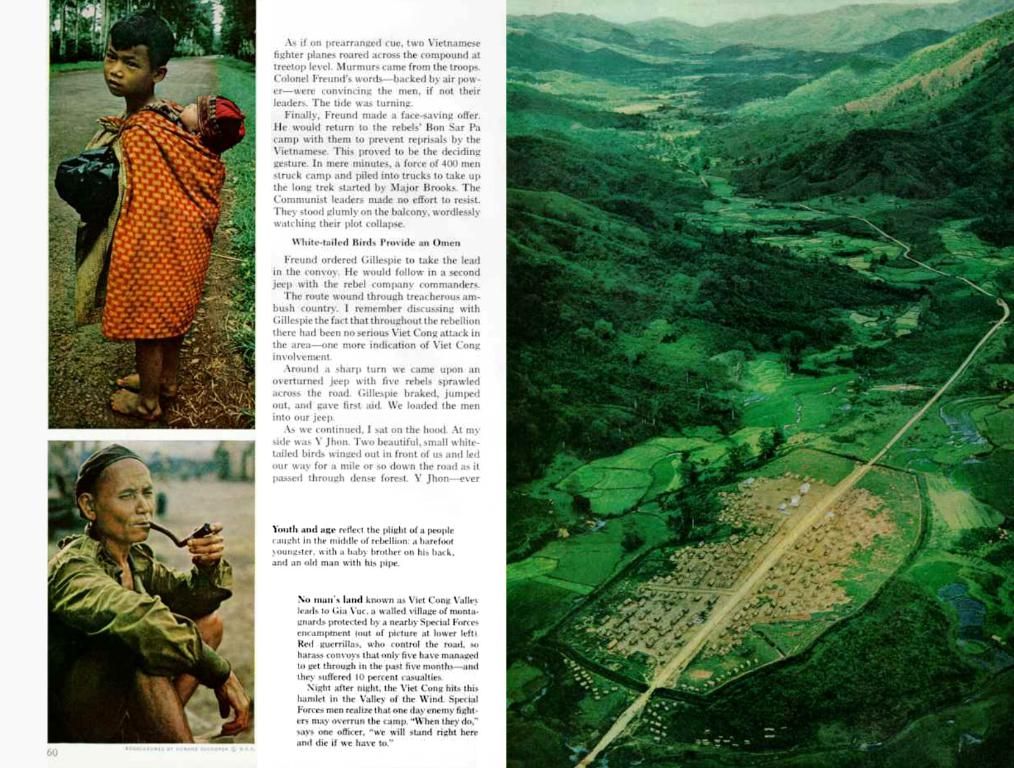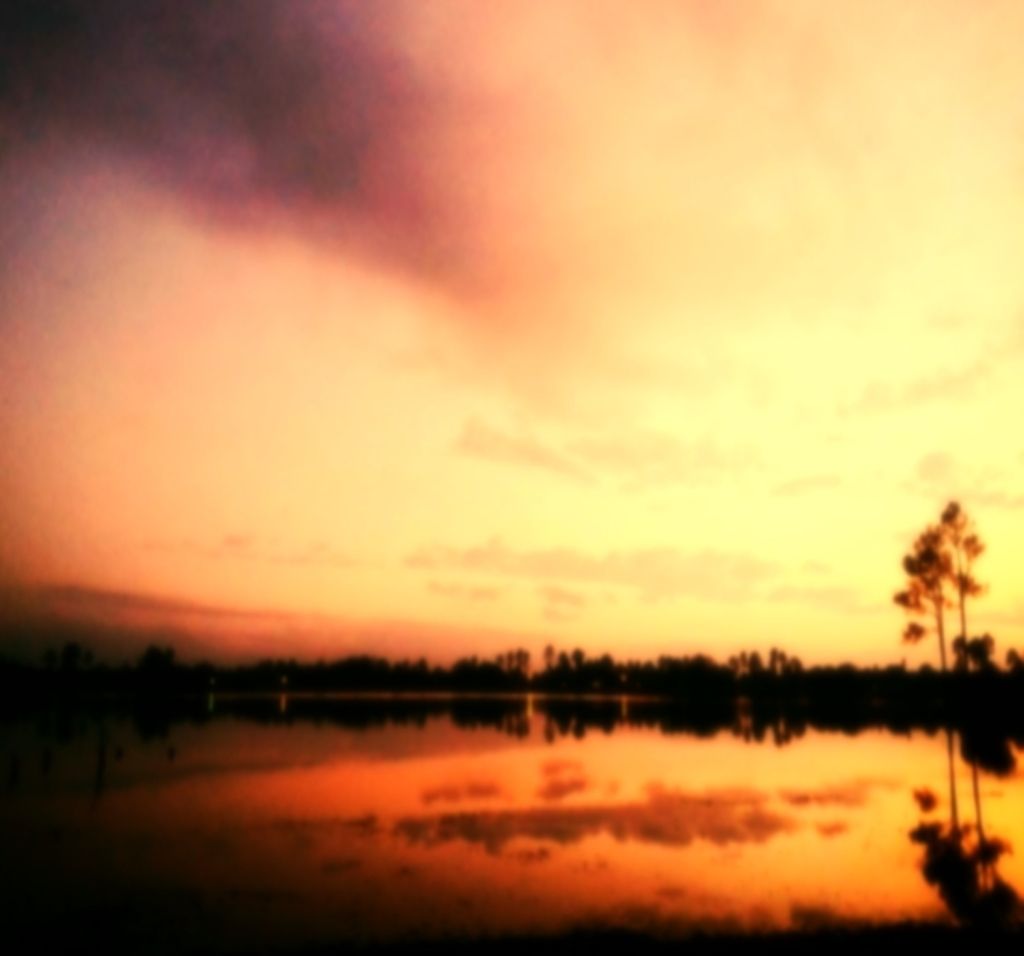"Brace Yourself, It's Really Grim News" Summer Showers Aren't Enough to Save Us From the Drought
Slight showerfall, not considerable amount.
Rainfall has been scarce since the beginning of the year. While we've had a bit of precipitation in some areas during the weekends, it's unlikely that spring will escape being too dry, as per ntv meteorologist Alexander.
Drought Situation in Germany:
In the northern half of the country, the soil's drought in the top layers is alarming. Although the situation is less severe in the middle regions, it worsens further south. In essence, we're facing a near catastrophe situation due to over three months of insufficient rainfall. The demand for water in nature, boosted by growth and high evaporation rates in the very dry air, doesn't help matters.
Potential for Further Rain:
In the short term, there's a chance of some showers, particularly in the east and south. This won't be a significant event, but it should help reduce topsoil dustiness and lower the risk of forest fires and pollen allergies in affected areas.
Long-term Prospects:
Long-term forecasts hint at a more unpredictable phase, potentially starting mid to late next week. Low-pressure systems with widespread, significant rain could dominate during this timeframe. Whether this weather shift will occur, however, is uncertain.
Quantifying the Rain Deficit:
The rain deficit is truly frightening. So far, only about 30% of the average rainfall has fallen, with a nationwide average of around 60 liters per square meter. The driest regions have received less than 20 liters, and some have had less than 10 liters per square meter since early March. To achieve a balanced rainfall balance by the end of spring, around 120 liters per square meter would still be needed.
Will we still face a drought summer?
While it's theoretically possible for 120 liters of rain to fall in two weeks, weather computer calculations are much more conservative. While signs of over 100 liters by the end of the month are emerging, these are localized eventswith thunderstorms and heavy rain. In total, this could result in around 30 to 50 liters, with the focus more towards the south and center, and less in the north.
With all this, it remains unclear whether the upcoming weather patterns will bring us a drought summer or offer some semblance of relief.
Scenario for a Hot Summer:
The statistics suggest a very high likelihood of a hot summer. While we do see occasional normal or even cool months, a cold year has only happened once in the past decade. Moreover, both the North Atlantic and the Mediterranean have been unusually warm for a long time, creating a heat buildup that makes it nearly impossible for it to get consistently cold in Europe or for heatwaves to become less intense.
Upcoming Weather:
This weekend promises to be overcast with occasional showers and thunderstorms in the east and southeast. Temperatures will reach a maximum of 12 to 17 degrees in the fresh east with a breezy wind, and 18 to 23 degrees in the west.
By Monday and Tuesday, there'll be local showers and a low-pressure system forming over Western Europe. This brings warm, moist air and heavy thunderstorms, especially in Baden-Württemberg and Bavaria up to the area of the mid-mountain ranges. Afterwards, the probability of showers with thunder and lightning will also increase further north.
References 1. ntv.de 2. Deutsche Wetterdienst 3. European Drought Observatory 4. U.S. Drought Monitor 5. NOAA
Tags:
- Weather
- Meteorology
- Climate Change
- Drought
- European Weather Patterns
- Water Shortage
- Rhine River
- Cargo Transport Disruptions
- To mitigate the potential impacts of the upcoming drought summer, the federal and local authorities may need to reconsider community and employment policies, particularly those related to water usage and conservation.
- On the environmental front, the prolonged dry spell could exacerbate climate-change effects beyond the water shortage itself, potentially affecting species diversity and habitat health in Germany, a concern for both scientists and policymakers alike.
- Meanwhile, the scientific community continues to investigate and predict the future weather patterns, advocating for further developments in environmental-science and weather-forecasting to better prepare for such climatic uncertainties in the coming years.








